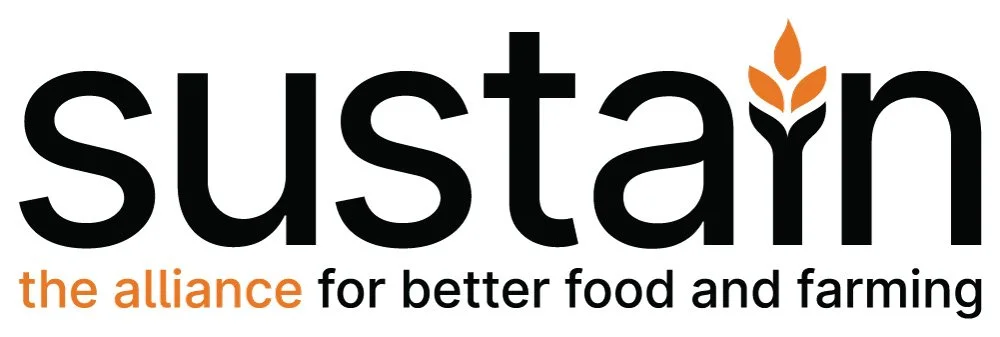WHAT IS THE ALLIANCE FOR DIGNIFIED FOOD SUPPORT?
Founded in 2022, the Alliance for Dignified Food Support is a coalition of community food organisers, local food partnerships, academics, and activists committed to placing dignity at the heart of food support provision.
We focus on two urgent challenges:
The loss of dignity experienced by people who are forced to rely on charitable food support.
The moral injury and burnout faced by staff and volunteers working within the sector.
If you run a community food support project, check out our Dignity Toolkit and our Principles and Recommendations
If you’re a researcher, have a look at our Resources
For press and other enquiries, please email info@alliancefordignifiedfoodsupport.org.uk
Community food support, such as food banks, community fridges, pantries, or social supermarkets, cannot solve food insecurity. Research shows that 86% of households experiencing severe food insecurity never use a food bank, even as over two thousand food support organisations continue to operate across the UK. That’s why we focus on both improving dignity in existing provision and pushing for systemic change to end the need for food banks altogether.
Our aims are to:
Support community food organisations
Help organisations make their practice as dignified and respectful as possible.Champion systemic change
Advocate for a living income through fair wages and social security, and promote a cash-first approach to tackling poverty.Centre the voices of staff and volunteers
Raise awareness of the impact of delivering crisis support on frontline workers and volunteers, and create space for their experiences to shape collective action and policy.
To achieve this, we have developed four Dignity Principles – evidence-based mindsets, practices, and policies that put dignity at the centre for members, volunteers, and staff.
Alongside this, we create spaces for staff and volunteers to come together, share experiences, and shape collective action and policy asks – all with the long-term goal of ending the need for food banks in the UK.
DIGNITY PRINCIPLES
Explore each principle by clicking the plus sign. Learn more about the full principles here.
-
Providing an inclusive and welcoming space; minimising barriers to access; providing spaces to share food.
-
Offering clarity about what those providing and receiving support can expect; providing information about the community food project, how it works and why.
-
Ensuring that interactions are respectful and compassionate; including appropriate safeguarding culture and practices; where possible, offering a choice of food (or the provision of vouchers and hardship grants).
-
Offering opportunities for staff, volunteers and members to share their views, so that people with direct and relevant experience contribute and are involved in decision-making; creating opportunities for members to contribute in a range of ways (money, time, skills, etc.).






